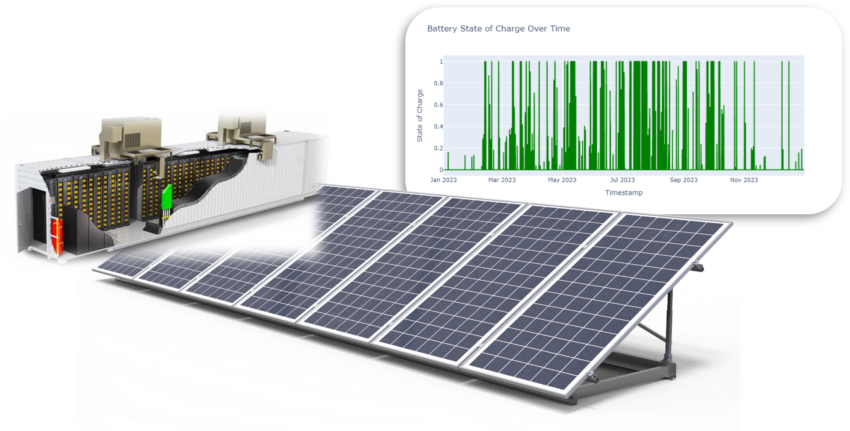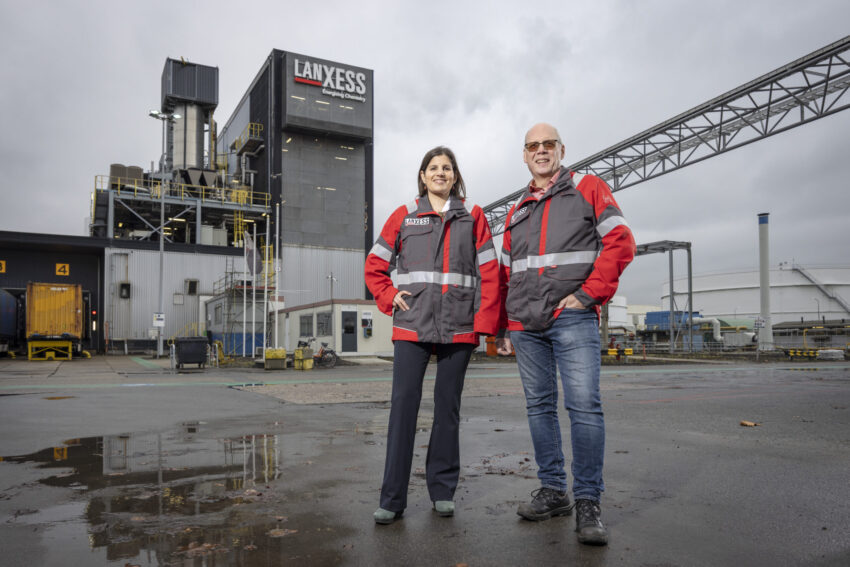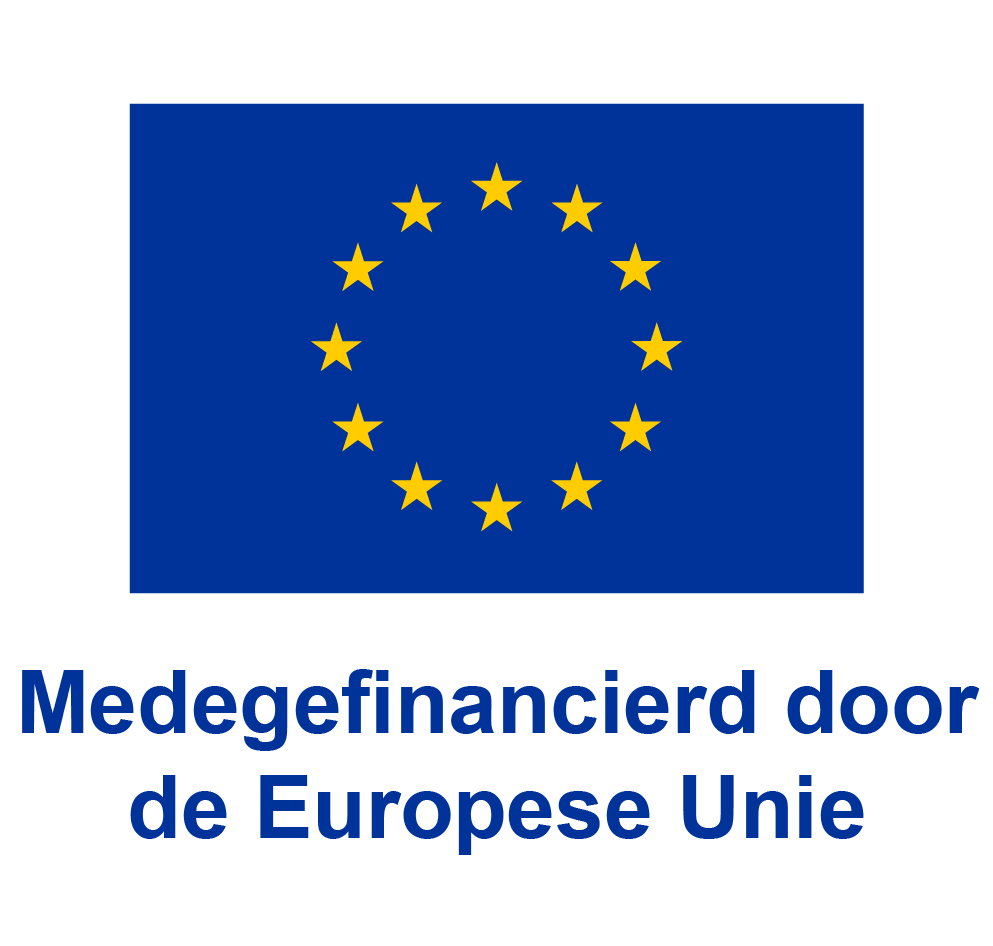Standard Fasel & FLIE launch research into the potential of a steam compression heat pump
The Dutch process industry needs to drastically reduce its CO2 emissions in the coming years. Electrification is one of the promising technologies to achieve that goal. Standard Fasel, a specialist in boiler and burner technology, is initiating a feasibility study into the possibilities of a steam compression heat pump. Companies that can complement this study with their knowledge and experience are welcome to join.
Conventional heat pumps are of limited use due to the maximum temperature of 90°C. New methods with synthetic refrigerants reach a temperature of around 130°C. Both are less suitable for the heavy and medium-sized process industry because of this temperature limitation. With a steam compression heat pump, process temperatures between 130 and 200°C are feasible.
A lot of low-grade waste heat is currently being wasted in industry. This is heat released from cooling processes. Heat pumps can upgrade this waste heat back to high temperatures so that it can be reused.
In many industrial processes, steam is the preferred energy carrier. This lies in its high energy content and applicability in the temperature range from 100 to 200°C.
Competing technologies have lower efficiency and/or utilisation rates.
Converting waste heat into steam
InnovationStandard Fasel is developing a machine that can convert waste heat of 60 to 100°C into useful heat at a higher temperature in the form of steam. The starting point is to do this without the intervention of any other medium (such as a refrigerant). As with conventional heat pumps, electrical (renewable) energy is needed to drive the machine.
Advantages:
- In many industrial processes, steam is the preferred energy carrier. This lies in its high energy content and applicability in the temperature range from 100 to 200°C.
- Competing technologies have lower efficiency and/or utilisation rates.
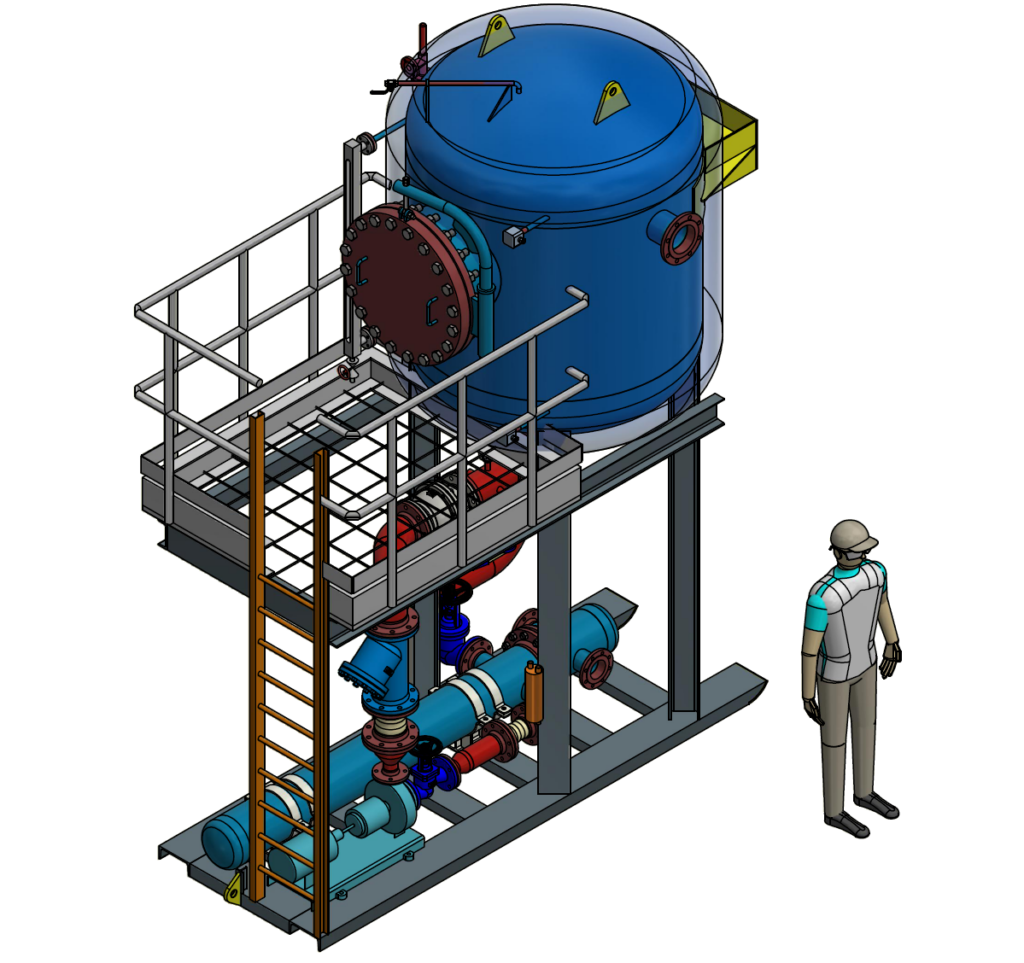
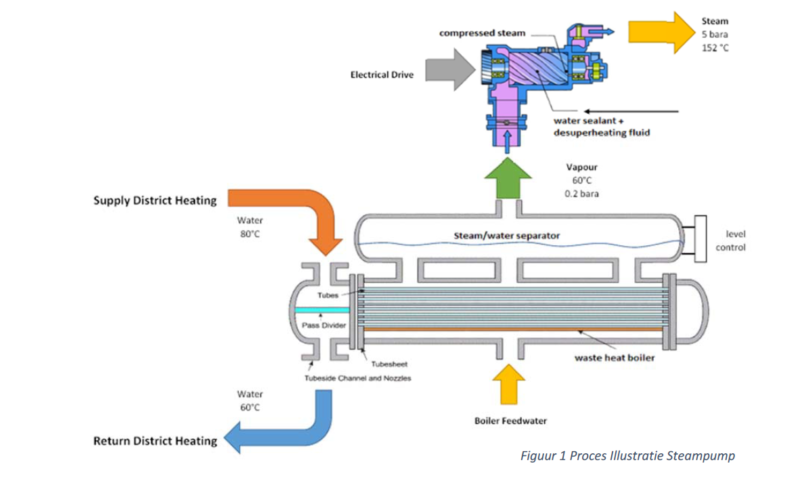
Structure of the feasibility study
Standard Fasel, together with the Fieldlab Industrial Electrification, wants to investigate the technical and economic feasibility for an industrial heat pump consisting of a vacuum steam boiler (fed by low-grade waste heat) and mechanical vapour recompression. That research should answer the following questions:
- Which industrial sectors produce a lot of waste heat and have high energy needs?
- Which industrial sectors produce a lot of low-grade waste heat?
- Which industrial sectors with process heat demand of 130°C or higher can use a heat network?
- Where can these new heat networks be operated (linking residual and process heat at 130°C)?
- Are there restrictions in the electrical infrastructure that hinder the application of a steam compression heat pump?
- Are there similar technical solutions?
Next steps
The next step in the process is to conduct a field test with one or more industrial end-users after this feasibility study. Standerd Fasel's project is now in the prototype phase (trl 5-6). After this feasibility study, it will enter the next phase (trl 6-7).
Who is interested?
Reusing waste heat has a direct impact on reducing the use of fossil fuels. The impact is especially large for heat demand above 130°C and for processes with a lot of waste heat such as paper, agri & food, refining and process industries.
- Paper and food industry | Temperatures of 120 to 200°C are often required in this sector.
- Process industry | A heat pump can be functional in raising temperatures to the level required by this sector (> 130°C).
- Construction sector | A relatively large amount of heat is released during production of building materials that cannot be reused itself. By building smart grids, industrial users can make use of this.
- Households | Existing heat networks are fed with waste heat or heat from renewable sources. Outside the heating season, there is a lot of excess capacity on the network. This capacity can be used to feed industrial processes using steam compression heat pumps.
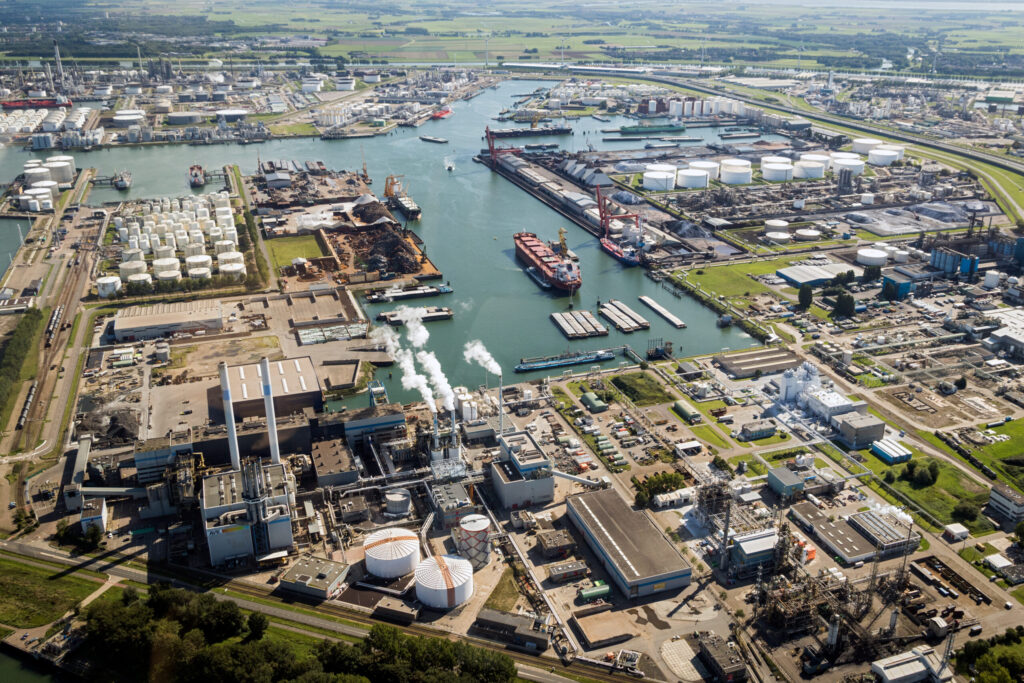
About FLIE
FLIE is a joint initiative of Deltalinqs, FME, Port of Rotterdam, InnovationQuarter and TNO and is closely supported by the Province of South Holland, the Municipality of Rotterdam and the ERDF grant.
Does your organisation have sustainability ambitions and would you like to explore the possibilities of electrification? Or do you provide an electrification solution and would you like to get in touch with end users and other important stakeholders? Then contact us. We will be happy to help you!
"WE UNITE AMBITIOUS PLAYERS FROM AROUND THE WORLD TO CREATE A NEW CLEANER PROCESS INDUSTRY"

